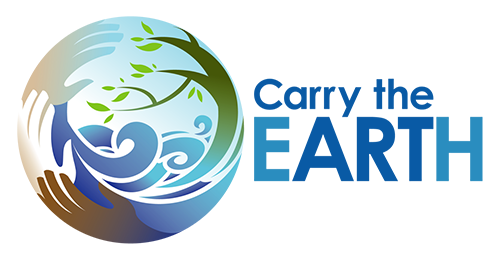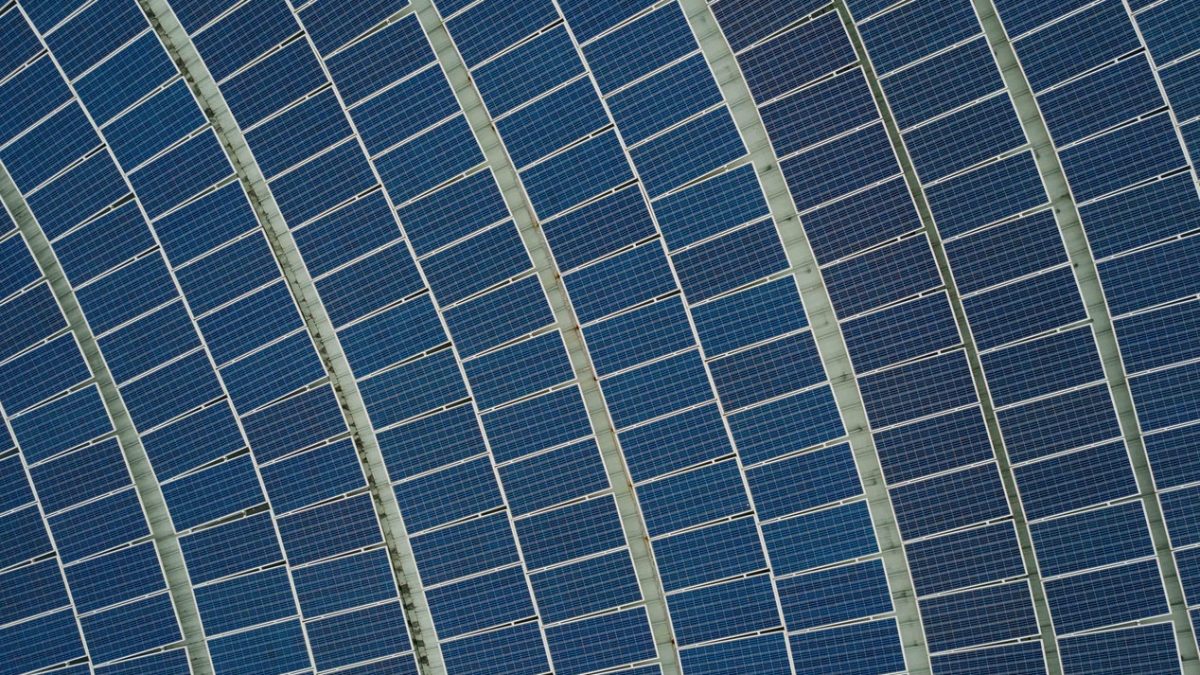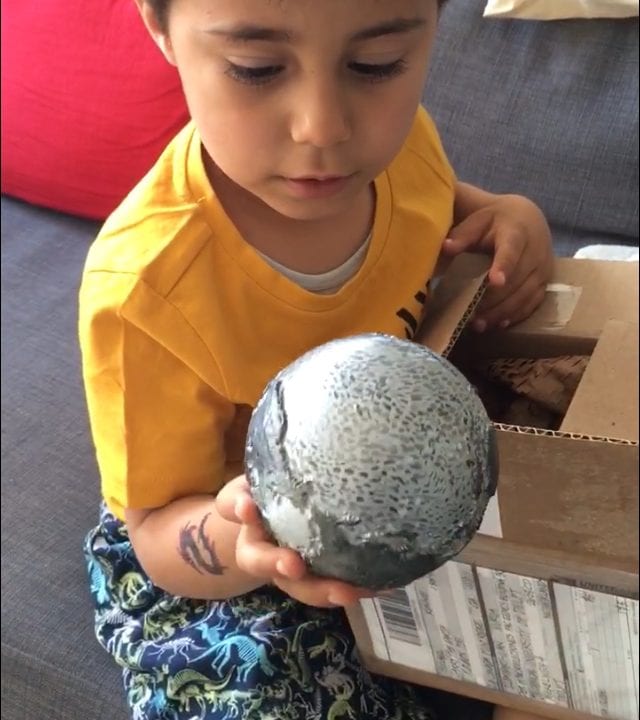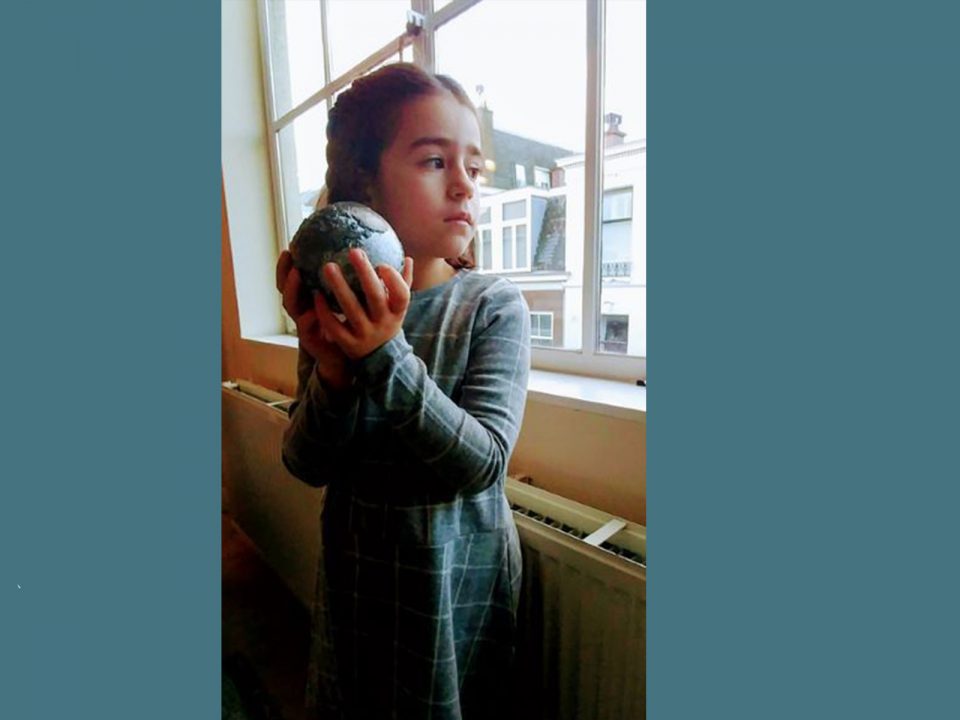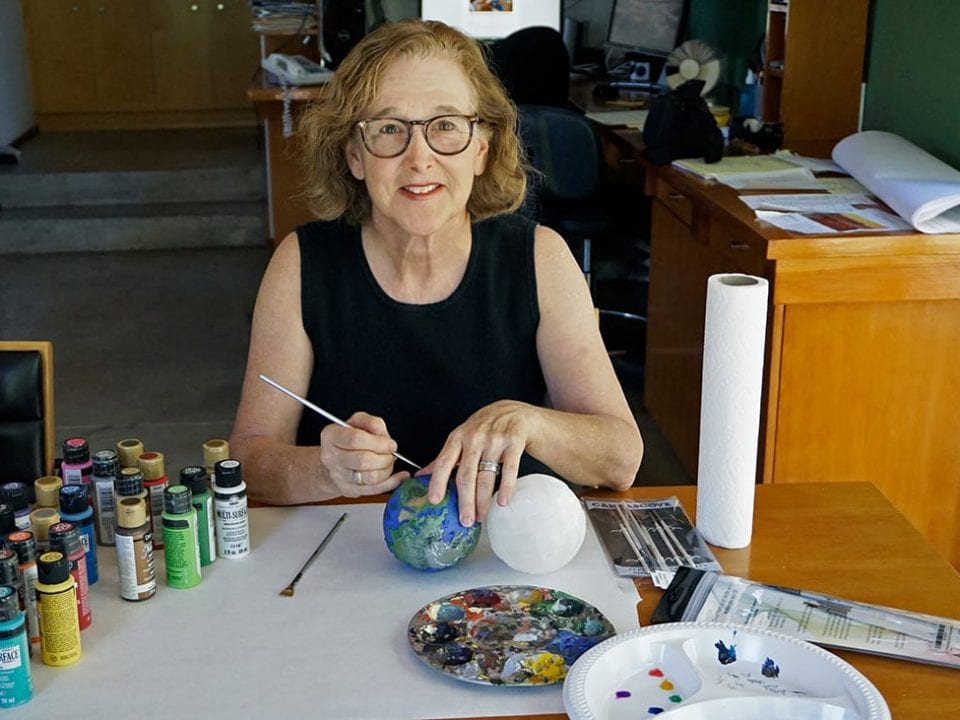- Did you receive a globe? Congratulations! Click Here for the Next Step!

Meatless for a week/ Little Carry the Earth for Kids
November 2, 2018
First step towards a plastic free home
July 26, 2019Funding a solar project
Our Solar Dream
After purchasing our own little home in The Netherlands, it has been on our mid-term renovation plans to install Solar Panels on our roof (yes, even in The Netherlands it is still worthwhile!). However, for this to happen, we first need to finish building out the attic into a proper room (called a dakkapel in Dutch). This would involve removing sections of the roof and building outwards to reclaim roof space into the inside of the building. Needless to say, it probably is a pretty good idea to complete the attic renovation before we install the solar panels! Sadly, the attic renovation is going to be a longer-term plan, which does push back the dream of the roof solar panels.
A Different Solution?
The developing world has the potential to learn from the evolution and development of the energy infrastructure of the first world. The energy networks in the developed world has been mostly a slow evolution in response to new technologies merging with the old, and as such, they might not be the most optimal solution for the current ways of generating power (especially if the power generation is distributed rather than centralised). So, the developing world has rising energy needs and the potential to start with a energy network that plans for distributed energy generation from the beginning. The developed world has capital to help realise those plans and dreams. So, is it possible to connect the interested small investor with projects that require funding? A sort of Kickstarter for solar energy?
The Sun Exchange
In my research, I had come across a project called the Sun Exchange. With the Sun Exchange, you can support a solar project (currently mostly in South Africa) by purchasing solar cells which are then installed at the project location. A project will be put up online on their website that requires funding for the solar cells, which Is then opened up to interested investors.
The interesting part is that you can fund as many or as little cells as the project requires, from a single cell to thousands (or more if you have the spare cash under your mattress…)! Another interesting idea is that it isn’t just charity, but it is an investment decision, with the cells returning a small income as the electricity is bought from you by the project as it is generated. This sort of micro-investing is a great idea for connecting multiple sources of small investment to projects with a relatively large capital cost. Over the life of the cells, you can hope to get a small return on your investment, or if you choose you can donate the income to a featured charity. Personally, I think this model is a better fit for these projects as it appeals both to the moral and financial sides of people which opens up the project to a larger audience.
Our Project
[youtube https://www.youtube.com/watch?v=u2yISCoDAhc]For the moment, we have bought some cells on the Sacred Heart College in Johannesburg. Education is a great project to support as it provides long term benefits to societies, and from a environmental perspective, education has the side effect of slowing human population growth which has the knock on effect of reducing our footprint on the Earth’s resources. The previous projects were completely sold out very quickly, but we will be keeping an eye out for future projects coming online!
Featured image (free to use) is sourced from Unsplash
All images and videos are from the Sun Exchange
